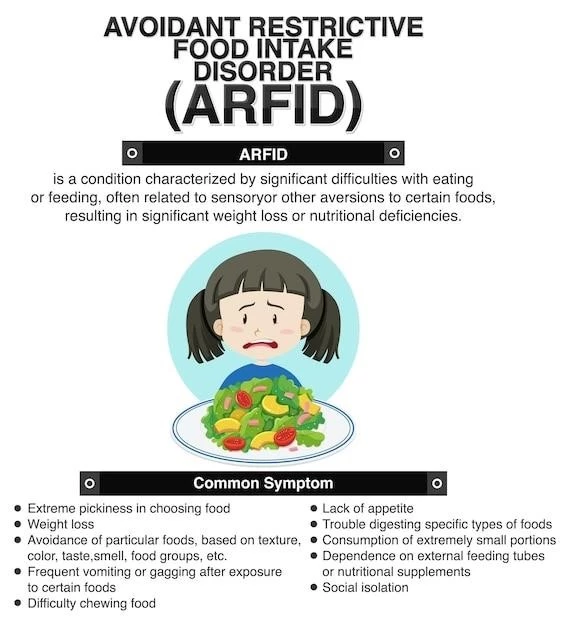Understanding Antiphospholipid Syndrome (APS)
Causes of APS⁚ APS is an autoimmune disorder where the immune system mistakenly attacks normal proteins in the blood. Genetic and environmental factors can contribute to its development.
Causes of Antiphospholipid Syndrome
Antiphospholipid Syndrome (APS) is an autoimmune condition where the immune system mistakenly targets phospholipids, a type of fat that’s essential for the clotting process. This leads to the production of antibodies that attack phospholipids, causing blood clots to form in the arteries and veins. Factors contributing to APS include genetic predisposition, infections, hormonal imbalances, and certain medications. It’s crucial to work closely with healthcare professionals to manage and understand the causes of APS.

Symptoms and Diagnosis of APS
Antiphospholipid Syndrome (APS) presents a range of symptoms, including blood clotting, recurrent miscarriages, neurological issues, skin conditions, and cardiovascular problems. Diagnosis involves blood tests to detect the presence of specific antibodies and imaging studies to identify blood clots. It’s crucial to consult a healthcare provider if you experience symptoms associated with APS for proper evaluation and timely diagnosis. Early detection can help in managing the condition effectively.
Treatment Options for Antiphospholipid Syndrome
Managing Antiphospholipid Syndrome (APS) typically involves a combination of medications and lifestyle changes. Anticoagulants like heparin are commonly prescribed to prevent blood clots. Aspirin may also be recommended to reduce the risk of clotting. Regular monitoring of the blood’s clotting function is essential. Lifestyle adjustments such as quitting smoking, maintaining a healthy weight, and staying physically active can also support APS management. It’s important to work closely with healthcare professionals to tailor a treatment plan that suits individual needs.
Antiphospholipid Syndrome and Pregnancy
For individuals with Antiphospholipid Syndrome (APS), pregnancy can present unique challenges due to the increased risk of blood clots and complications such as miscarriages and preeclampsia. Close collaboration between an obstetrician and a rheumatologist is vital to manage APS during pregnancy. Treatment may involve blood thinners to reduce clotting risks. Regular monitoring and early intervention are key to ensuring a successful pregnancy outcome. It’s essential to discuss family planning and pregnancy complications with healthcare providers when living with APS.
Managing Antiphospholipid Syndrome Flares
Flares in Antiphospholipid Syndrome (APS) can lead to worsening symptoms and increased risk of complications. It’s crucial to have a flare management plan in place. This may involve adjusting medications, such as increasing anticoagulant doses during flares. Lifestyle modifications like stress management, healthy eating, and regular exercise can also help reduce the frequency and severity of flares. Maintaining regular follow-ups with healthcare providers to monitor symptoms and adjust the treatment plan accordingly is essential in effectively managing APS flares.
Research Advances in APS
Research in Antiphospholipid Syndrome (APS) continues to evolve, with ongoing studies focusing on improving diagnosis, treatment, and understanding of the condition. Advances in identifying specific antibodies related to APS and developing targeted therapies offer promising prospects for individuals living with APS. Clinical trials and research collaborations aim to enhance treatment outcomes and quality of life for APS patients. Staying informed about the latest research findings can help individuals and healthcare providers make well-informed decisions regarding the management of APS.
Antiphospholipid Syndrome Awareness
Raising awareness about Antiphospholipid Syndrome (APS) is crucial to improve understanding, early detection, and access to appropriate care. Educating both the general public and healthcare professionals about the signs, symptoms, and impacts of APS can lead to timely diagnosis and effective management. Awareness initiatives, support groups, and advocacy efforts play a vital role in empowering individuals with APS to navigate their condition successfully. By increasing awareness, we can promote better outcomes and quality of life for those affected by APS.
Living with Antiphospholipid Syndrome
Living with Antiphospholipid Syndrome (APS) requires a proactive approach to managing both physical and emotional aspects of the condition. Adhering to prescribed medications, attending regular medical check-ups, and adopting a healthy lifestyle are key components of managing APS effectively. Building a strong support network of healthcare providers, family, and friends can provide emotional support. Staying informed about APS, managing stress, and seeking assistance when needed are crucial for maintaining a good quality of life while living with APS.
